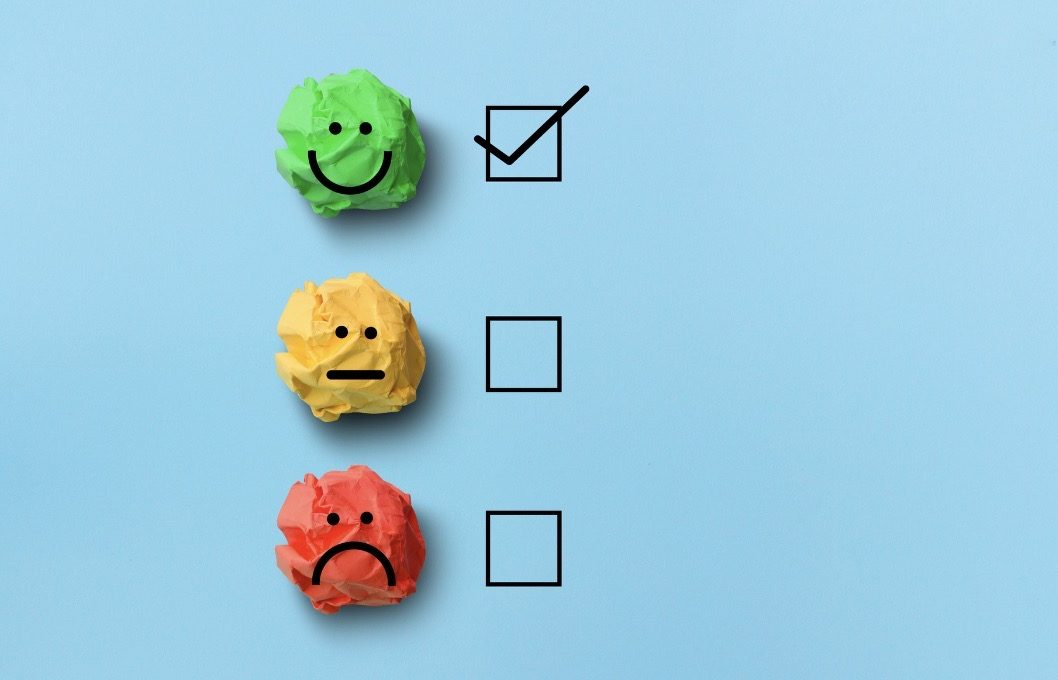On one assignment for my college students, the last question I included was, “What grade would you give yourself for this assignment and why?” I asked this because I want to know about my students’ thought processes. I was surprised to find that most of them thought this was a very hard question and I had one who flat out refused to answer and wrote a superb explanation defending her opinion.
I thought that most of them would give themselves an A or A+. In my class, I stress from Day 1 that this is a class about my students selves. They are the experts on themselves and I’m not going to argue with their opinions. To get an excellent grade in my class, students need to show up, try, and turn their work in on time. That’s it. I am teaching movement concepts and body mapping concepts that students acquire at their own pace. My job is to plant seeds that movement is important. Along this line, I thought most would say, “I answered the questions honestly, I turned it in on time; therefore, I should get an A.”
Most didn’t want to give themselves a high grade, even though they had done the work. We spent a good deal of time talking about this at the next class meeting. It turns out that reluctance to say what’s good about their efforts is part of the error-detecting way most of us are taught. We specialize in cranking out musicians who readily pick up on errors. We don’t get points for every note we get correct on a dictation exam, we lose points for every wrong note. They have been and are being trained to identify flaws.
Another contributing factor was that they were delegating perceived success toward the goal to an external source. Students are, in some cases desperately, seeking the feedback of their teachers, conductors, and parents. I might ask, “How did your recital go?” They often say, “Well, my teacher said…” In exploring this further, it turned out that this was directly related to goal setting. Most had a goal of perfection—wanting every note and rhythm to be correct, every breath in the right place, a flawless musical performance. We talked about the fact that this is a fantasy goal that is not achievable. So what are some goals that are achievable and measurable by the performer? We talked about having more appropriate goals like, “I want to play this tricky rhythmic section precisely,” or “I want to play this slower section very musically.”
This works even with younger kids. I was preparing 3 students for their first experiences with Solo and Ensemble Contest where they would be performing live for an adjudicator who would be giving them written comments and a score. I asked each one, “How will know if your performance is a success?” Each one looked me in the eye and said, “You’ll tell me.” Out of the mouths of babes. Then I said, “Nope, I want you to know as soon as you’re done before you even talk to me. Did you meet your goal?” They looked at me with blank stares. Eventually, we decided together on 2 or 3 goals and wrote them down. Some of these goals were, “I won’t run screaming from room,” “I want to get the rhythm correct in these three measures” and “I want to start at an appropriate tempo by looking at the notey section and figuring out my tempo there,” or “I want to cue my pianist appropriately at the start.” After their performances, I asked them if they met their goals by looking at the written list and then I offered my opinion.
One of the things that worked really well about this method was acknowledging the hard things ahead of time. For example, one of these students is in high school and has never had a private teacher before. She has a new, upgraded flute and is working very diligently on playing in tune. We decided ahead of time that there are a lot of c#s in her piece and, while she’s doing a better job of playing in tune, there’s still room for improvement. Sure enough, the adjudicator commented on that. My student said, “That’s fair,” and wasn’t devastated by the comment.
It’s our job, as educators, to help our students build a framework for evaluating themselves so they can be set realistic goals and be able to recognize their successes without waiting for us, their teachers, to tell them.

